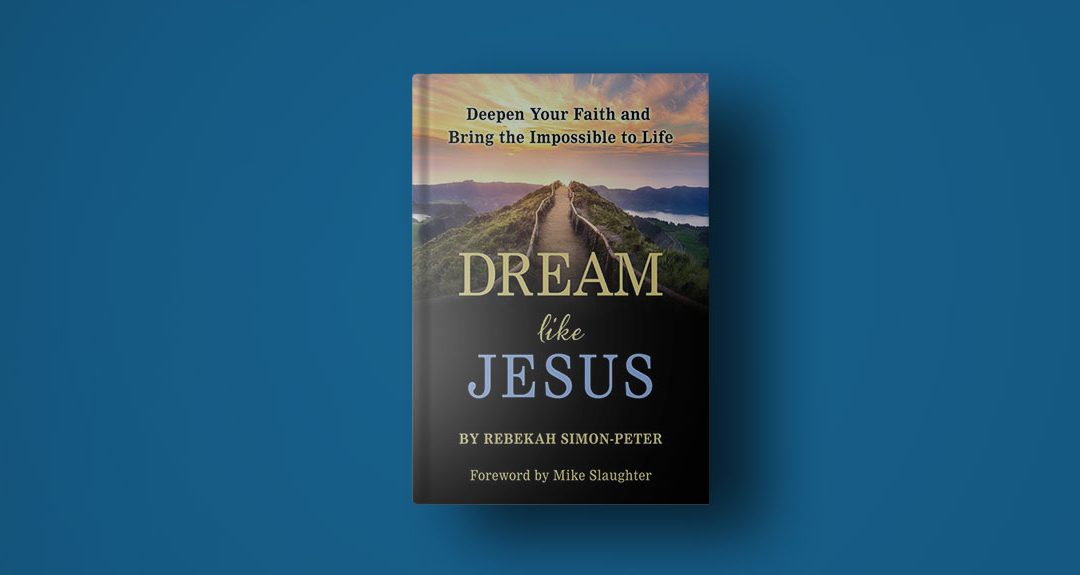
Debate as Sacrament
At one church I visited recently, a long-time member confided that the church was going to have to split because the two pastors had differing views on human sexuality and the Bible.
Why can’t our differences live side by side? They do in the Bible.
There are two creation stories, two exodus stories, two accountings of how many animals piled into the ark. Kings and Chronicles have alternate views of history. The four gospels themselves tell differing stories to differing audiences.
Why is it that we in the church see difference, debate, and conflict as unholy?
Difference and debate are woven into the biblical story. Abraham dickers with God. Jacob contends with the Angel throughout a long night. God and Moses have an equally challenging relationship with each other. Jesus is in constant debate with his followers, his community and his opponents.
As uncomfortable as conflict is, it’s in these encounters that sacred truths are revealed, and holy moments are elevated. It’s time to reclaim debate as sacramental.
When it comes to sacraments, debate is messier than spilled grape juice, scattered breadcrumbs, and overflowing baptismal waters. But not messier than the events that gave rise to these symbols.
Conflict is a natural part of human community. Conflict doesn’t need to split your church. As long as you know how to talk to each other. But even more importantly how to listen. That requires self-regulation, a key element of emotional intelligence.
When in the midst of conflict, remember the word CALM:
C: Calm down. Breathe. Pause.
A: Assess your automatic thoughts.
L: Listen to what was actually said instead of how you interpreted it. Listen with your heart and your head.
M: Make a new response.
For more leadership tips, click here.
Remember, conflict and debate is natural – remain CALM in the face of conflict.

 Otherwise, he would have succumbed to a soul-killing temptation.
Otherwise, he would have succumbed to a soul-killing temptation.
